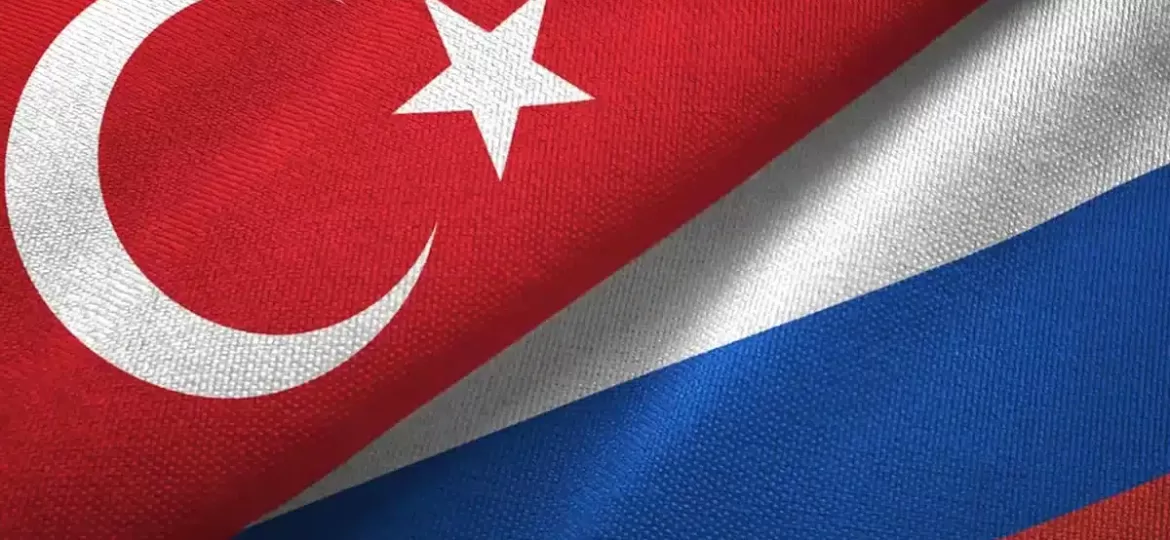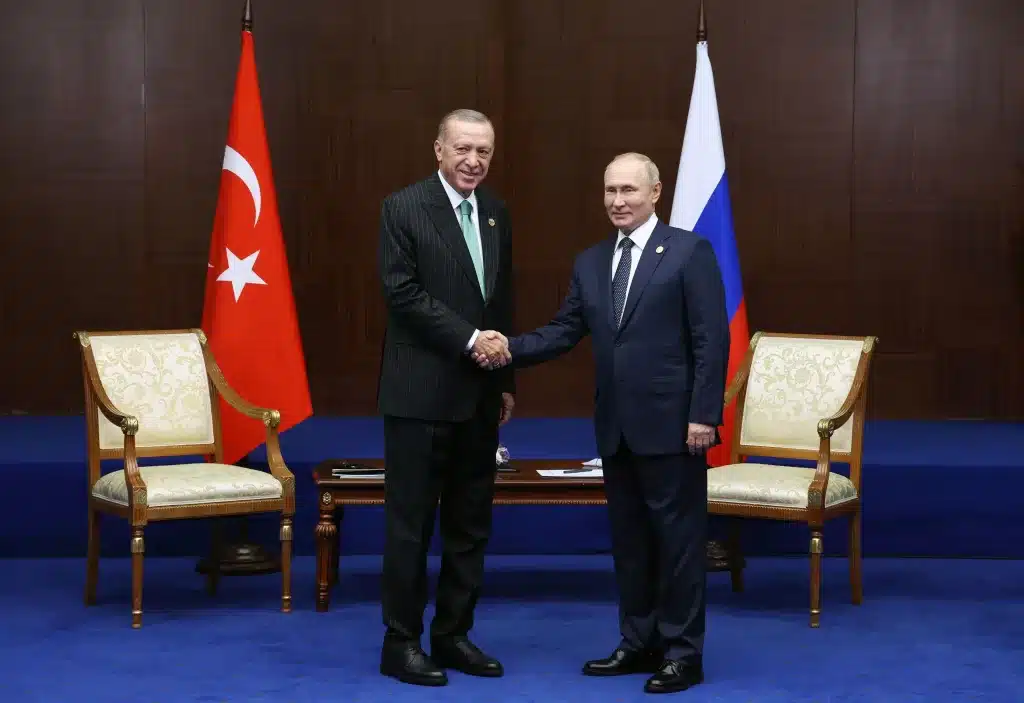
Introduction
Russia Türkiye Trade have long shared a complex, yet cooperative history. As neighboring nations with deep cultural roots and strong historical ties, both countries have demonstrated resilience and strategic alignment across centuries. In 2025, the global economy demands more agile and regionally rooted partnerships. Now more than ever, enhancing bilateral trade with a structured and diplomatic approach will benefit both nations.
A Legacy of Support and Cooperation
Turkey has consistently provided diplomatic, logistical, and economic support to Russia across many domains. Whether in the fields of energy transport, tourism, or crisis management, Turkish institutions have stood by their Russian counterparts. Although Russia maintains a larger industrial and financial base, Turkey’s flexibility, regional expertise, and fast-moving private sector make it an essential commercial ally.
Moreover, the cultural similarities between Russians and Turks—shaped by centuries of interaction and coexistence—form the foundation for mutual trust. Investing in this relationship is not just politically wise; it is economically strategic.
Unlocking Potential Through Sanction-Free Trade
In light of ongoing global sanctions, it is vital for Russia to prioritize trade in non-restricted goods. Turkey offers an ideal channel for this, providing access to compliant markets through a well-developed logistics infrastructure and experienced trading companies. Rather than slowing down production, Russia should maintain and even expand industrial output—reaching end users through structured partnerships with Turkish firms.
This approach will:
- Ensure uninterrupted industrial activity
- Expand Russia’s reach to global buyers through Turkish channels
- Deepen trust-based bilateral logistics cooperation
Leveraging Trade Intermediaries for Sustainable Growth
A key strategic move involves redefining the role of manufacturers in international trade. Going forward, producers should not engage in direct exports. Instead, all cross-border transactions should be managed by independent trade firms with verified expertise and operational history.
Strategic Recommendations:
- Restrict the creation of new trade firms without three years of proven operations
- Prevent ownership or affiliation links between producers and trade entities
- Facilitate deeper cooperation among experienced Russia Turkey Trade trading firms
- Promote payment flexibility and transparent invoicing systems
By doing so, we will create a professionalized and regulated export framework, minimizing risks and enhancing compliance.
Building a Balanced Financial Ecosystem
Today, there exists a financial imbalance in bilateral trade, with capital largely flowing in a single direction. To correct this, major Russian producers—such as Gazprom, Rosneft, and others—are encouraged to work exclusively with certified trade intermediaries. This will:
- Enable local employment and tax benefits within Turkey
- Increase reinvestment in both domestic markets
- Create sustainable internal financial cycles within both countries
Furthermore, this model ensures that wealth generation is not limited to state enterprises but also flows into broader society through operational traders and local distributors.
Empowering Proven Turkish Trading Companies
Turkey is home to a wide network of trading companies with strong international track records. By collaborating with firms that have:
- Verified revenue records
- Documented operational logistics experience
- Independent ownership structures
…both countries can guarantee smoother, faster, and more efficient trade operations. These companies have the necessary agility and compliance systems to serve as reliable trade partners for Russian producers and buyers alike.

Vision for 2025 and Beyond
| Goal | Strategic Action |
|---|---|
| Boost Bilateral Trade | Focus on non-sanctioned product categories |
| Increase Turkish Participation | Assign sales channels to trusted intermediaries |
| Promote Operational Integrity | Encourage long-term partnerships over ad-hoc arrangements |
| Balance Capital Flows | Ensure mutual financial enrichment |
| Strengthen Diplomatic Ties | Frame trade as a foundation for geopolitical stability |
A Call for Strategic Leadership
Both President Vladimir Putin and President Recep Tayyip Erdoğan have demonstrated remarkable leadership in navigating international complexity. Today, they hold the key to reshaping Eurasian trade through a more organized, compliant, and growth-oriented alliance. By combining Russia’s industrial strength with Russia Turkey Trade capacity, the two nations can set a new benchmark for regional cooperation.
Russia Turkey Trade are not just neighbors they are historical partners with shared destinies. A new chapter in economic collaboration must now begin, rooted in structured trade practices, experienced intermediaries, and a deep understanding of each other’s strengths. Together, Russia and Turkey can become the backbone of a more connected and prosperous Eurasia.
In 2025, Russia and Turkey stand at a unique moment in history. Their relationship, once marked by rivalry, is now shaped by growing cooperation. As the global economy changes, both countries must adjust their strategies. By focusing on shared goals and cultural ties, they can create a stronger trade partnership.
From Rivalry to Cooperation
Russia brings strength in industry, energy, and finance. On the other hand, Turkey offers speed, flexibility, and a strong network of traders. This makes them a good match. Moreover, Turkey has helped Russia in areas like energy transport, tourism, logistics, and diplomacy. Therefore, deeper cooperation would benefit both sides.
Using Sanction-Free Trade Channels
Due to international sanctions, Russia needs new trade routes. In this case, Turkey plays a vital role. By trading non-restricted goods through Turkish companies, Russia can stay active in global markets. This plan supports production and ensures logistics are managed under international rules.
Key Benefits
- Wider access to markets
- Continued factory operations
- Legal and transparent trade
FOB Logistics Russia Turkey Trade: A Smart Trade Model
The Free on Board (FOB) model remains one of the best ways to organize trade. In this setup, Turkish sellers deliver goods to ports like Mersin, Ambarlı, and Samsun. After loading, the buyer from Russia takes responsibility. Meanwhile, Russia’s ports such as Novorossiysk, Taman, and St. Petersburg receive the cargo.
This method ensures:
- Clear rules and responsibilities
- Shared risk
- Faster logistics and customs
Expected Trade Volumes in 2025 (FOB Terms)
| HS Code | Product | Direction | Estimated Volume (MT) |
|---|---|---|---|
| 271019 | Fuels (Diesel, Naphtha, Base Oil) | Russia → Turkey | 16,800,000 |
| 720449 | Scrap and Structural Steel | Turkey → Russia | 850,000 |
| 100199 | Wheat and Grains | Russia → Turkey | 2,000,000 |
| 681099 | Prefab Construction Materials | Turkey → Russia | 550,000 |
| 841810 | Cooling Systems and HVAC | Turkey → Russia | 100,000 |
| 290121 | Organic Chemicals and Acetylene | Russia → Turkey | 1,200,000 |
| 610910 | Ready-Wear Clothes | Turkey → Russia | 65,000 |
All shipments must include customs clearance, SGS reports, and full bonded documentation.
Improving Export Practices
Currently, some manufacturers export directly. However, this creates risk and confusion. From now on, only verified trading firms should handle exports. This change will improve quality and compliance.
Requirements for Trade Firms
- At least 3 years of global trade experience
- Clean tax and customs records
- Full independence from manufacturers
As a result, trade will be more secure, fair, and traceable.
Fixing the Financial Gap Russia Türkiye Trade
At present, Russia exports much more than it imports from Turkey. To fix this, major companies like Gazprom and Rosneft should work with Turkish firms only. This approach brings several advantages:
- Tax stays local
- More jobs and business in Turkey
- Fair money flow between both economies
How to Do It
- Require Turkish firms in all major contracts
- Use safe payment tools like escrow and QR-based invoices
- Control deliveries through organized logistics centers
2025 Goals for Better Trade
| Goal | Action Plan |
|---|---|
| Grow Turkish exports | Aim for a 25% increase to Russia Türkiye Trade |
| Go digital | Use IPFS and QR on all trade documents |
| Build logistics hubs | Open centers in Kars and Zonguldak |
| Focus sectors | Energy, Chemicals, Food, and Machines |
A Diplomatic Shift
Turkey has supported Russia Türkiye Trade in many ways. It is now time for Russia to return this support. Turkish companies are ready to offer legal, scalable, and well-managed trade services. This is not just smart business—it is good diplomacy.
Conclusion
In conclusion, Russia and Turkey must work as true partners. By using FOB terms, supporting verified trade companies, and keeping the money flow balanced, they can build a solid and modern trade bridge between Europe and Asia. The future is not just about products—it’s about trust, structure, and long-term vision.

